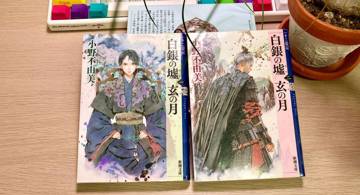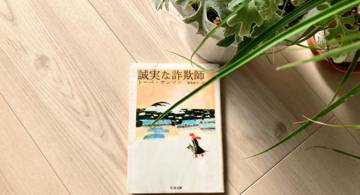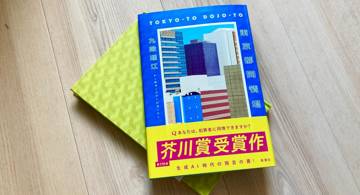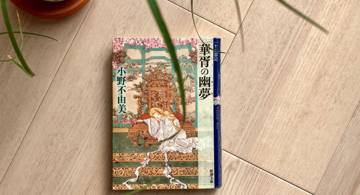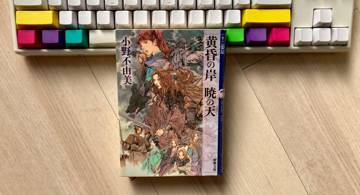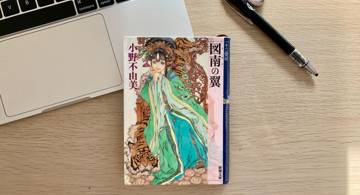Overview
Let’s dive into some end-of-year reading! This is a continuation from the previous post.
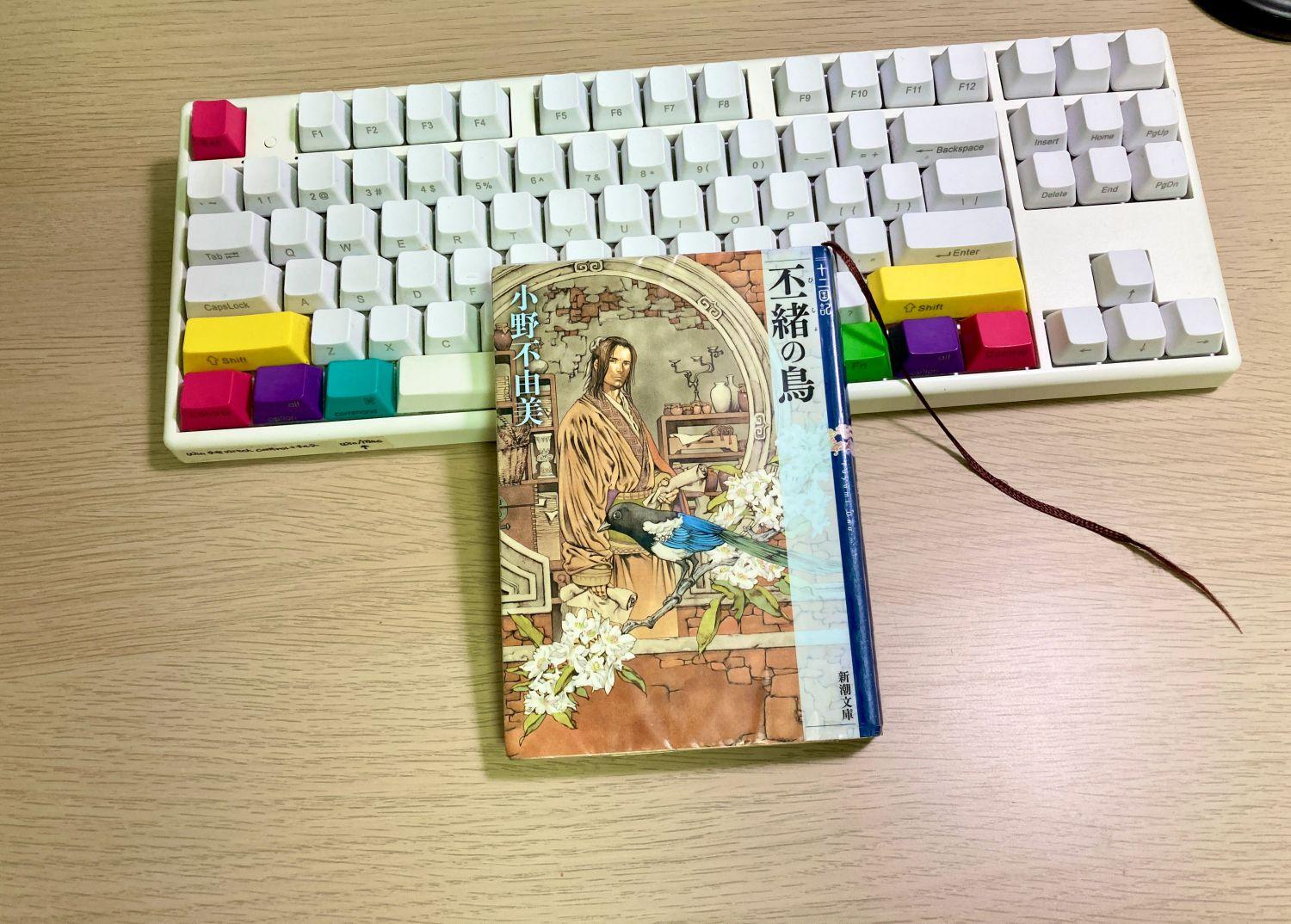
…Well, this is another collection of short stories, just like the last one. Continuing from before, I’ll share a brief summary and my thoughts.
Summary
The Bird of Hisho
- There’s a position called Roshi. It’s a department responsible for crafting tōshaku (陶鵲), ceramic birds used as targets in the ceremonial daisha, a traditional ritual akin to clay pigeon shooting. The head of this department is a man named Hisho (丕緒). So many technical terms—it’s overwhelming!
- Hisho was feeling despondent. The successive kings of Kei—Li, Haku, Hi, and Yo—were all foolish rulers who completely ignored the feelings Hisho imbued in his tōshaku. Through these ceremonial birds, he hoped to instill in the king a sense of responsibility toward the people.
- Hisho recalls a former colleague, Shoran (蕭蘭), whom he never liked much because she seemed to avert her eyes from the harsh realities of bad governance. Upon reflection, however, he realizes that while Shoran didn’t confront reality head-on, she never outright rejected it either.
- Reproducing a design of tōshaku that Shoran had envisioned but never completed, Hisho unexpectedly captures the heart of the new queen, Youko (陽子). Youko describes the tōshaku as “achingly beautiful.”
Prison of Dimming Light
- There’s another role called Shikei (司刑), akin to a chief judge. This position is held by Eikou (瑛庚), who, along with his colleagues Sotsuyu (率由) and Jyokyuu (如翕), faces a dilemma while presiding over the trial of a serial killer named Shutatsu (狩獺).
- Shutatsu is a heinous criminal, clearly deserving of the death penalty. Not executing him might incite public outrage.
- However, the kingdom of Ryuu (柳国) adheres to the principle of “taibeki” (大辟; the death penalty shall not be used). Adding to the complexity, political unrest has made the kingdom fragile. Setting a precedent for capital punishment could open the door to abuses by the government.
- Eikou’s obstinate wife, Seika (清花), disregards his struggles and brings the victim’s families to him in an attempt to sway his emotions toward supporting the death penalty. Her interference becomes a major source of annoyance in the story.
The Blue Orchid
- There’s a role called Chikan Sekijin (地官迹人), responsible for investigating and gathering resources from the wild for the benefit of the people. Two diligent members, Hyouchuu (標仲) and Houkou (包荒), discover a disease affecting buna (beech) trees, causing them to petrify and collapse. If all the beech trees die, it will destabilize the ecosystem, trigger landslides, and devastate agricultural lands.
- After years of relentless effort, they discover a cure—a plant called the blue orchid (青条の蘭).
- They draft a petition to the king, seeking a royal prayer to ensure the orchid grows across the kingdom’s forests. In this world, a king’s prayers have the power to make such plants proliferate nationwide.
- However, the prolonged vacancy of the throne has allowed corrupt officials to flourish. These officials suppress the petition and attempt to exploit the cure for personal gain. Determined, Hyouchuu trudges through a blizzard toward the royal palace. Though he collapses on the way, others pick up his mission, and the blue orchid finally reaches the king.
Wind and Trust
- During the reign of Yo, the promiscuous queen of Kei, a young girl named Renka (蓮華) finds refuge in the Hoshoushi (保章氏) gardens after her family is slaughtered by the military. This group studies the natural environment and creates calendars, their work deeply detached from everyday concerns.
- To Renka, these scholars seem to be ignoring reality, and she grows frustrated, vowing never to become an adult like them. She sees her current situation as the only reality that matters and cannot grasp the value of forward-looking research.
- When she witnesses one of the scholars, Shikyou (支僑), comforting townsfolk with his academic knowledge, she begins to appreciate the importance of their work. Yet her inability to value anything that doesn’t produce immediate results remains unchanged.
Thoughts
- What’s with Shoran’s name? I got annoyed and looked it up—turns out “Shou” (蕭) means “mugwort.” Knowing this, I can almost picture a woman with unkempt hair reminiscent of wild grass.
- The Twelve Kingdoms stories we’ve read so far mostly revolve around kings and queens as protagonists. This time, the focus shifts to ordinary people, set during an era without a king. For readers like us, who take the presence of a king for granted, this book highlights the sheer despair of a kingdom during a vacancy. It deepened my appreciation for the series.
- Hisho’s reflections on Youko—her “unpretentious honesty” and his confidence that “this king wouldn’t reject it as ominous”—brought tears to my eyes. It wasn’t a particularly relatable story, but the superb writing made it powerful.
- Without the usual main characters, it felt like reading an entirely different, but equally compelling, novel. Fuyumi Ono’s storytelling skills truly shine in crafting such profound narratives about secondary characters.
